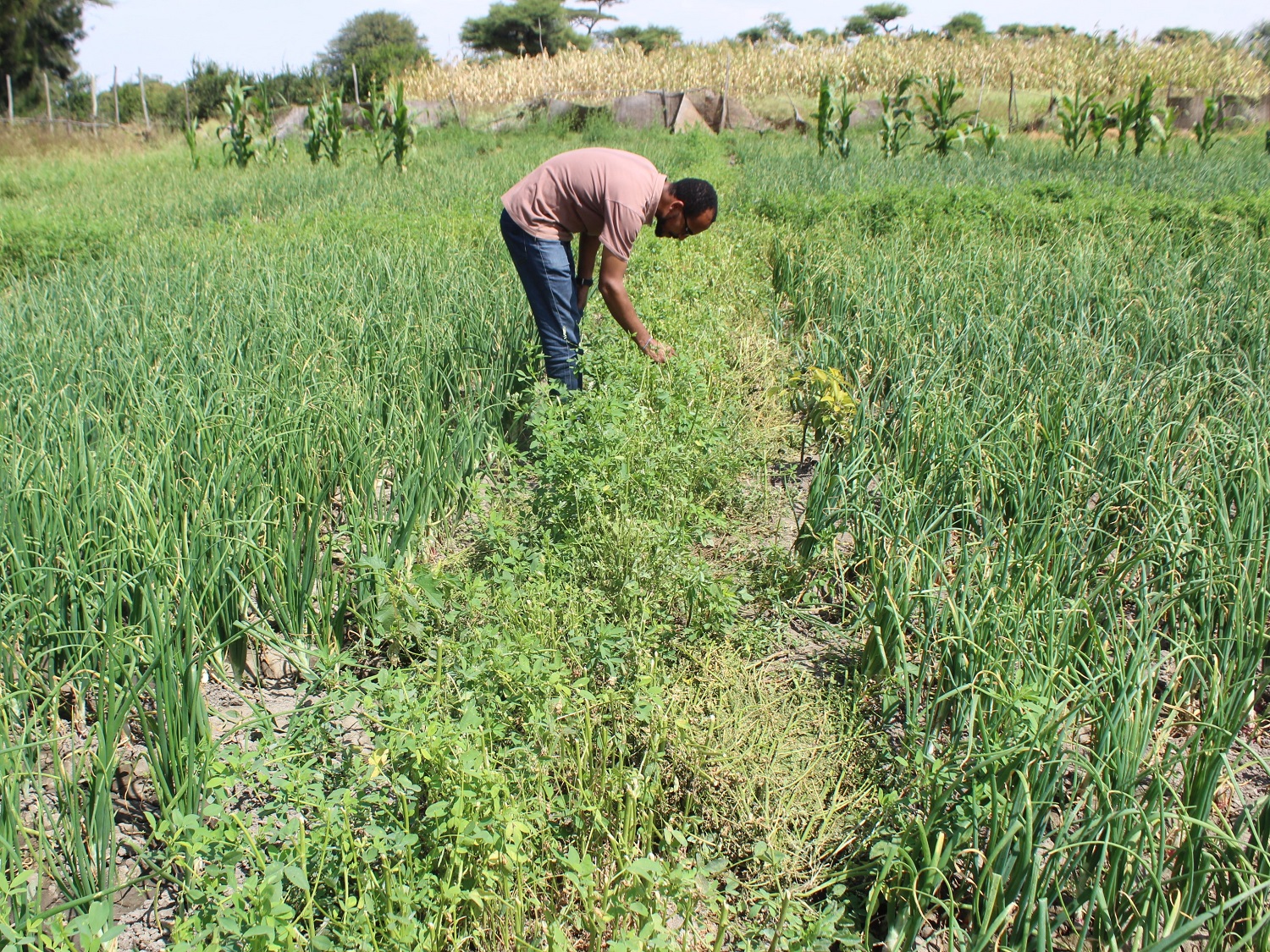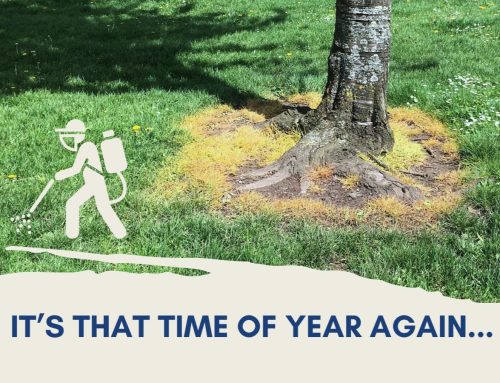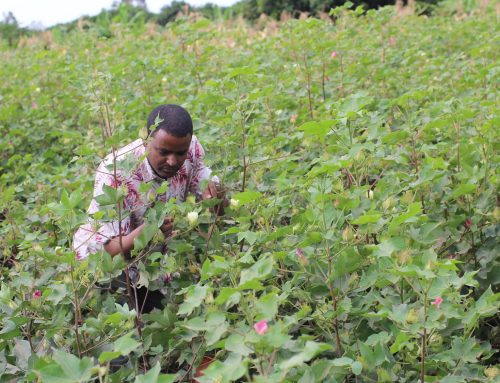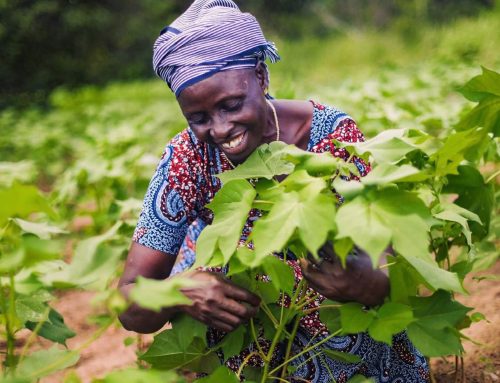Better Cotton Initiative (BCI) and its partners support over a million cotton farmers in India. Recently BCI India approached PAN UK and asked for training on the basics of agroecology to help farmers to produce a healthy crop with reduced pesticide use. Over 270 staff and implementing partners from BCI in India participated in the resulting online training session to learn about agroecology principles and methods to help farmers reduce pesticide use in cotton.
Dr Alex Stuart and Dr Stephanie Williamson from PAN UK led the session, during which they outlined the principles and benefits of agroecology, and gave examples of agroecological methods in practice. They were also able to engage in lively and positive discussions with participants about their observations of beneficial organisms, such as predators of pests, and experiences of controlling cotton pests using agroecological approaches. Participants were also invited to share suggestions of how they can encourage more cotton farmers to adopt agroecological methods.

Agroecology in practice: alfalfa strips are grown between onions in a farmer’s field in Ethiopia. Credit: PAN Ethiopia
Finally, participants were set a task to evaluate soil health in cotton fields under different management practices. Pesticides are known to have a damaging effects on soil organisms and soil health. Participants were invited to see this for themselves by observing how rapidly their soils could degrade cotton cloth. They will be comparing soils in fields under different management practices, e.g. fields with and without pesticide use, by burying 100% cotton underwear in different fields over a 2-month period. A technique also known as the ‘Soil your undies challenge’.
“After today’s session, we expect the uptake of already understood and adopted practices to go up and I think that we created enough interest among participants on the uptake of some of the newly introduced practices and a general interest to increase their knowledge level on agroecology.”
~ Saleena Pookunju, Senior Programme Coordinator, BCI
Globally, cotton covers just 2.4% of the world’s cultivated land but uses 6% of the world’s pesticides (and 16% of insecticides), more than any other single major crop. In our efforts to reduce pesticide use in cotton and pesticide related harms to cotton farming communities and the environment, PAN UK works with several partners around the world, such as Obepab in Benin, PAN-Ethiopia and BCI. In India, BCI has over a million participating farmers, thus BCI’s efforts to support these farmers transition away from pesticides towards more agroecological approaches is greatly welcomed.





